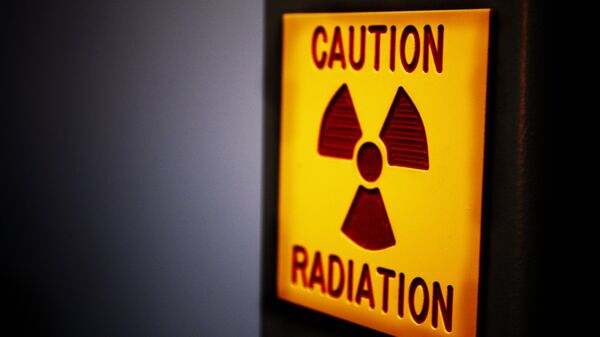A "highly unusual aerosol particle containing a very small amount of enriched uranium" was tracked at an altitude of seven kilometers above Alaska's Aleutian Islands, according to a US National Oceanic and Atmospheric Administration (NOAA) study published by the Journal of Environmental Radioactivity.
The scientists underscored that the particle with the enriched uranium-235 was spotted for the first time in twenty years of observations. The uranium-235 is specifically used for making nuclear fuel and bombs.
READ MORE: MEPhI Researchers Discover New Ways to Streamline Uranium Enrichment
"Analysis of wind trajectories and particle dispersion model results show that the particle could have originated from a variety of areas across Asia," the study said, citing China, Japan and North Korea.
Given that the particle was detected in August 2016, it excludes the disaster at the Fukushima nuclear power plant in 2011 as a possible source.
Remaining in the dark about the origin of this particle, researchers suggested that it is "definitely not from a natural source."
READ MORE: China Needs Strengthened Nuclear Capabilities to Be Superpower — Newspaper
"One of the main motivations of this paper is to see if somebody who knows more about uranium than any of us would understand the source of the particle," NOAA scientist Dan Murphy told Gizmodo.
At the same time, he said that it's too early to jump to any conclusions about possible atmospheric radiation caused by this particle because "it's not a significant amount of radioactive debris by itself."


